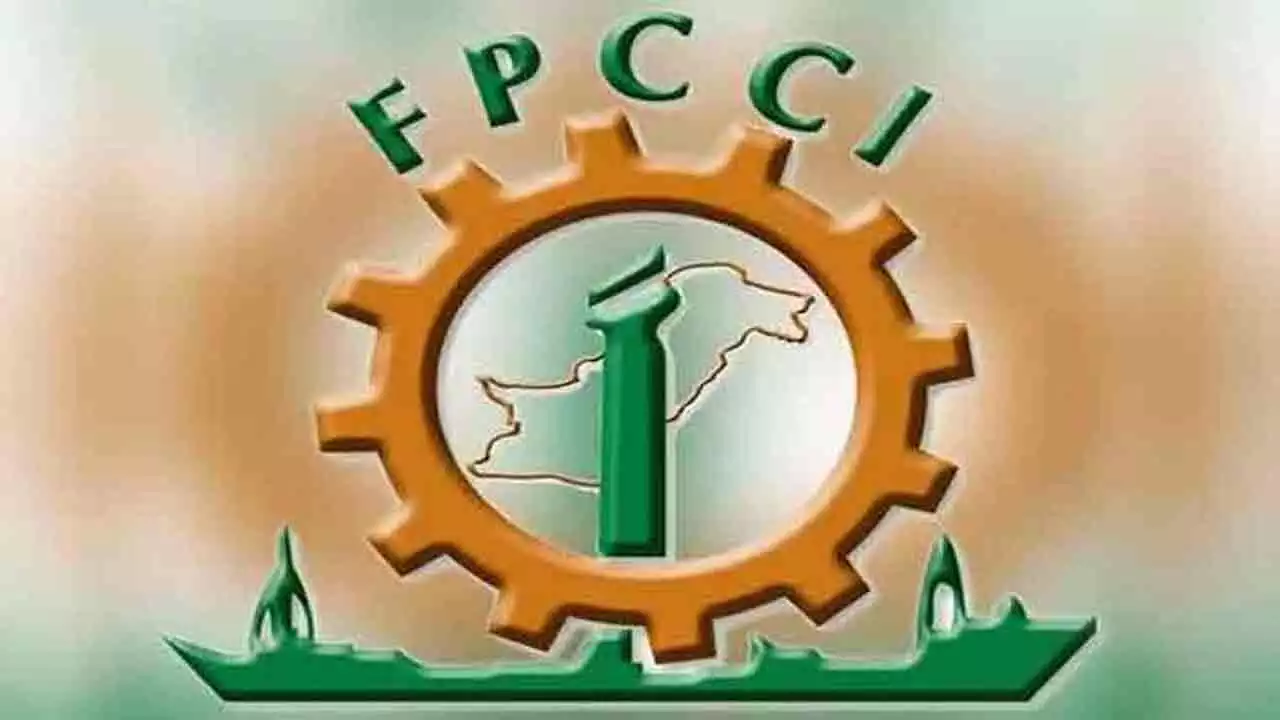Pakistan’s inflation rate has dropped to 4.9%, marking the lowest level in 78 months, a development hailed by President of the Federation of Pakistan Chambers of Commerce and Industry (FPCCI), Atif Ikram Sheikh. This significant decline has sparked optimism for the country’s economic future, with calls for further measures to sustain this momentum.
Atif Ikram Sheikh emphasized the urgency of reducing the policy rate to single digits, stating that such a move is essential to stimulate economic growth and business activities. With inflation under control, there is no reason to delay reducing the policy rate, he remarked.
Policy Rate Reductions: A Welcome Change
The FPCCI President applauded the 9% reduction in interest rates over five consecutive monetary policy meetings since June 2024. This trend aligns with the recent improvement in other economic indicators, including:
- Increased Foreign Exchange Reserves: A steady rise in reserves reflects better management of the external account.
- Current Account Surplus: Surpluses in the current account signal a positive shift in the balance of payments.
These improvements collectively contribute to a more stable economic environment, creating opportunities for further reforms.
Why Single-Digit Policy Rates Are Crucial
The business community strongly advocates for single-digit policy rates to foster a more conducive environment for economic activities. Atif Ikram Sheikh highlighted several benefits of such a move:
- Boosting Economic Growth: Lower interest rates reduce borrowing costs for businesses, encouraging investment and expansion.
- Encouraging Entrepreneurship: A favorable borrowing environment makes it easier for small and medium-sized enterprises (SMEs) to access credit.
- Enhancing Export Competitiveness: Reduced financing costs can help exporters improve their pricing and compete effectively in global markets.
- Stimulating Consumer Spending: Lower interest rates can lead to increased consumer spending, further fueling economic growth.
FPCCI’s Support for Government Initiatives
Senior Vice President of FPCCI, Saqib Fayyaz Mago, reiterated the business community’s support for government measures aimed at economic improvement. He emphasized that increased business activities, fueled by reduced interest rates, will naturally lead to higher exports and overall economic growth.
“The business community stands ready to back all government decisions that contribute to economic stability and growth,” Mago stated.
Challenges and Opportunities
While the reduction in inflation and interest rates is a positive development, challenges remain. Key areas that require attention include:
- Sustainable Growth: Ensuring that inflation remains low while fostering growth will require careful policy balancing.
- Fiscal Discipline: The government must continue to manage expenditures and revenues efficiently to avoid fiscal imbalances.
- Private Sector Confidence: Restoring investor confidence through consistent and transparent policies is crucial for long-term growth.
The Road Ahead
The FPCCI’s call for single-digit policy rates aligns with global best practices for stimulating economic growth in low-inflation environments. Countries with lower interest rates often experience higher levels of investment and economic activity, which are critical for Pakistan’s economic recovery.
Impact on Key Sectors
A reduction in the policy rate will have ripple effects across various sectors:
- Manufacturing: Lower financing costs will enable manufacturers to upgrade equipment, expand operations, and improve productivity.
- Real Estate: Cheaper loans can boost the real estate market by making housing and commercial property investments more accessible.
- Agriculture: Farmers can benefit from affordable credit, enabling them to invest in modern techniques and equipment.
- Banking: While lower interest rates may impact banks’ margins, increased borrowing activity could offset potential losses.
Business Community’s Role
The business community has a pivotal role to play in leveraging these positive developments. By increasing investments and focusing on innovation, businesses can drive exports, create jobs, and contribute to sustained economic growth.
Government’s Commitment to Reform
The government’s commitment to addressing structural issues, such as energy shortages and tax reforms, will further strengthen the economy. Collaborative efforts between policymakers and the private sector are essential to ensure that these positive trends continue.
The decline in inflation to 4.9% is a milestone for Pakistan, providing a rare opportunity to recalibrate economic policies. The FPCCI’s recommendation to reduce the policy rate to single digits is a logical next step to maximize the benefits of this achievement.
With the support of the business community and a commitment to reforms, Pakistan is well-positioned to achieve sustainable economic growth. By fostering an environment of collaboration and innovation, the country can overcome its challenges and unlock its true economic potential.



